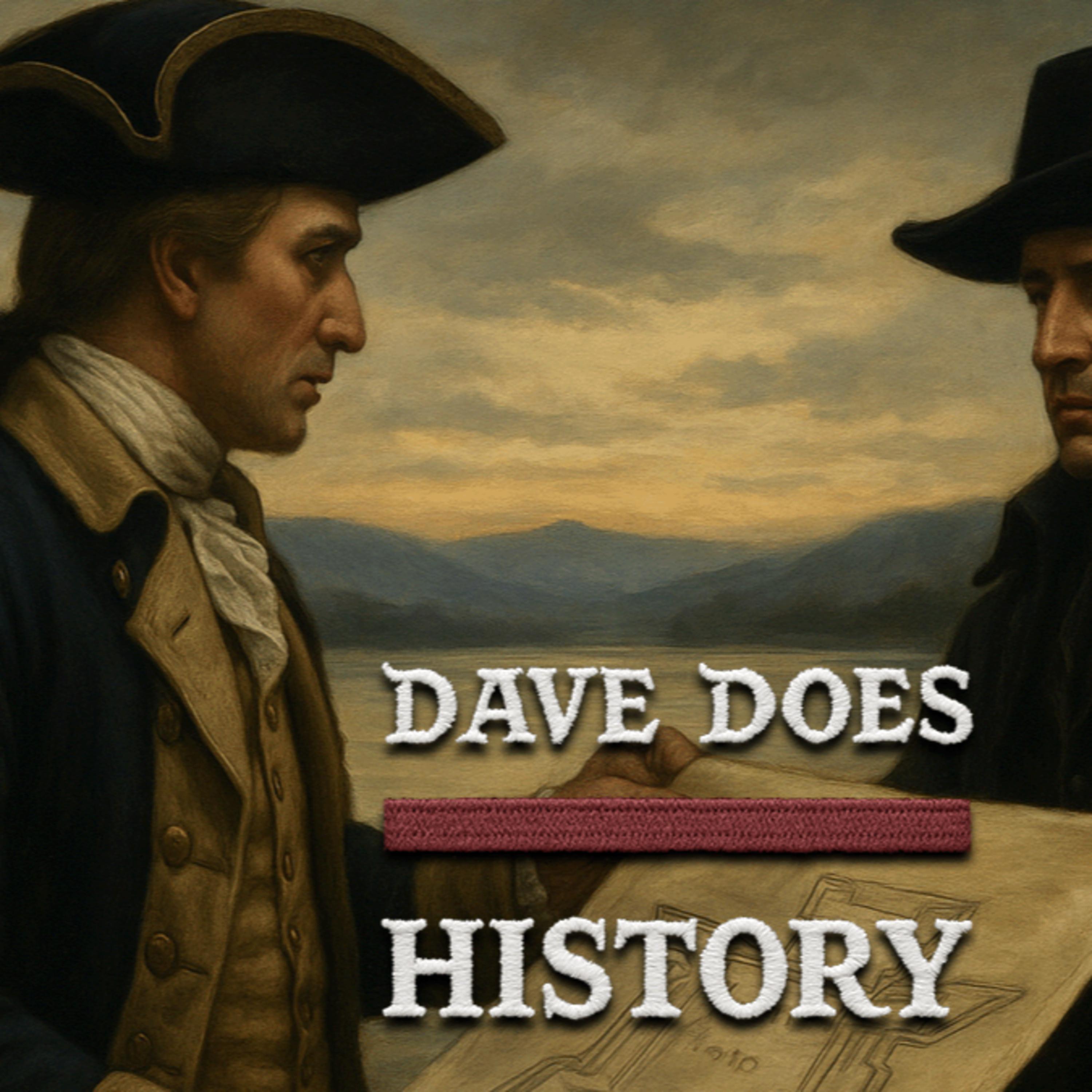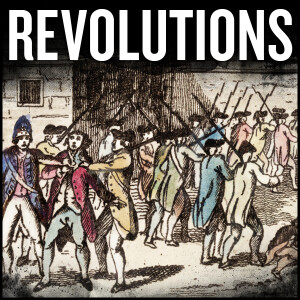

On September 21, 1780, Benedict Arnold crossed the line from hero to traitor. Three years earlier he had been the savior of Saratoga, celebrated as the boldest commander in Washington’s army. But pride, debt, and resentment festered. Congress insulted him, creditors hounded him, and his Loyalist wife Peggy Shippen opened a channel to the British.
That night, Arnold met Major John André on the banks of the Hudson. In Joshua Hett Smith’s house, he handed over maps of West Point and a signed pass under the name “John Anderson.” The plan was simple: deliver the fortress that Washington called “the key to America” in exchange for gold and a commission in the British Army.
But fate intervened. American cannon fire drove the British sloop Vulture downriver, forcing André to travel by land. Two days later he was caught near Tarrytown with Arnold’s papers hidden in his boot. André would hang as a spy. Arnold fled to the British, forever remembered not as a hero, but as the very symbol of treason.
More Episodes
All Episodes>>Create Your Podcast In Minutes
- Full-featured podcast site
- Unlimited storage and bandwidth
- Comprehensive podcast stats
- Distribute to Apple Podcasts, Spotify, and more
- Make money with your podcast












